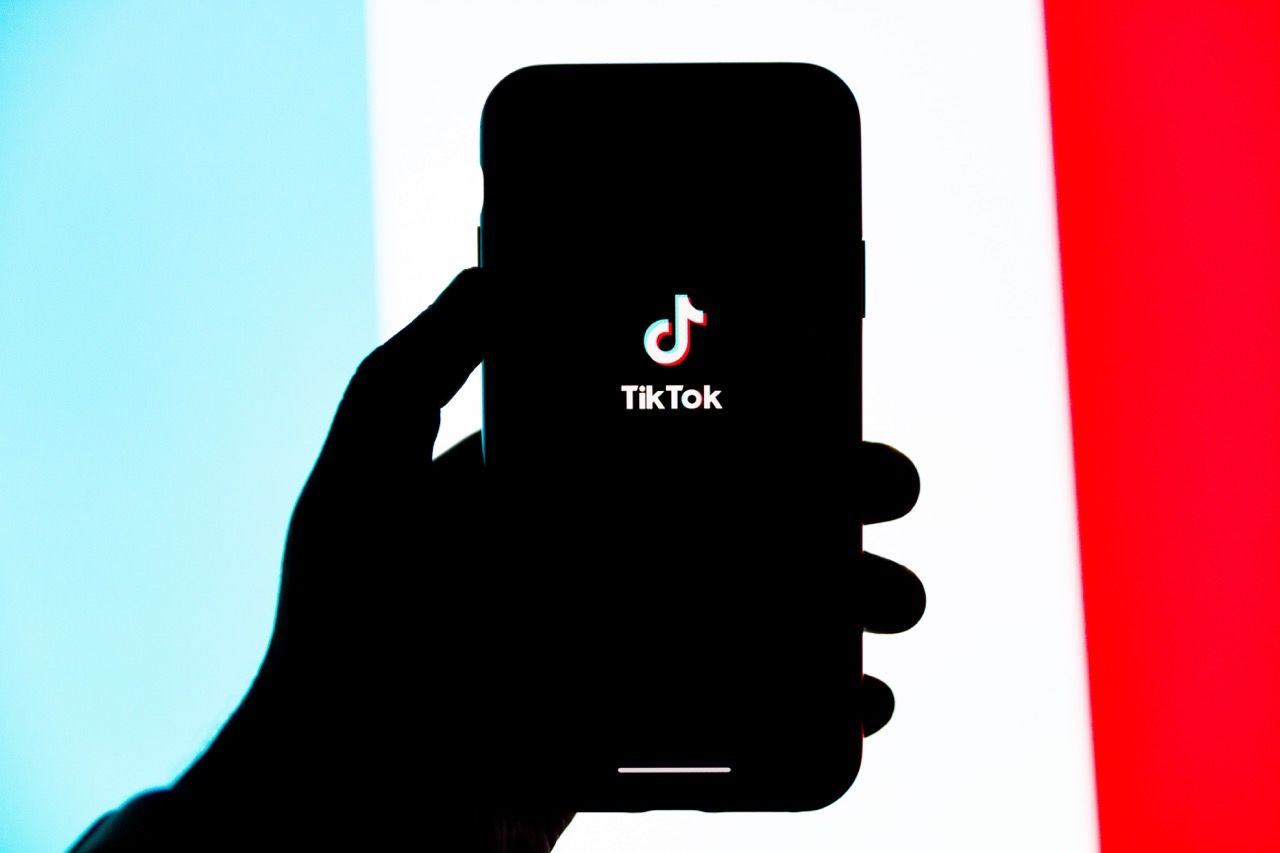Blog>TikTok is the King of Social Commerce But What Does This Mean for Sustainability?
TikTok is the King of Social Commerce But What Does This Mean for Sustainability?

Amber Callender
2023-10-31T11:17:00.000Z
Social commerce is on the rise, predicted to account for 17% of all eCommerce spending by 2025, and TikTok is at the forefront. Projections by Statista, estimate that social sales will reach $3.37 trillion by 2028, growing at a 28% rate year on year.
TikTok is fuelling consumerism in a new way. The viral hashtag #TikTokMadeMeBuyIt has 28.6 billion views, including ads, influencer content and reviews, which in itself is a tool for product discovery. Trends are now less about organic discovery but rather dictated by the algorithm, swaying users on their purchasing decisions. According to a report from TikTok, 92% of users globally have made a purchase or taken an action after watching a video on the platform.
The Infinite Loop
As with any marketing funnel, the user journey starts with discovery, however TikTok has mastered the post-purchase review phase, in what the brand has termed an ‘infinite loop.’ Once a user makes a purchase they’re encouraged to share that purchase with the community, be it through review or unboxing videos and, as of such, the community amplifies the product, leading to more purchases. After purchasing a CPG product on the platform, 79% of TikTok users have gone on to create a post showcasing that product.
What’s more, according to data from TikTok, 42% of users convinced someone they know to buy a CPG product because of the social media platform. Given the stats, it comes as no surprise that compared to other social platforms, TikTok’s users are 2.4x more likely to create a post and tag a brand after buying a product. The platform offers limitless opportunity for brands to reach new users and drive conversions, but this progression is not without sustainable regression.
TikTok’s Impact on Conscious Consumption
Gen Z are known to consume consciously, just have a read of our blog on Gen Z as the ultimate ethical consumer. The 2023 Business of Sustainability Index report shows that Gen Z are still driving sustainable purchasing decisions, with 91% of the cohort wanting to buy from sustainable companies.
However, TikTok commerce may be set to change this statistic. According to Google Senior Vice President, Prabhakar Raghavan, around 40% of Gen Z are now using TikTok as their preferred search engine. Whatsmore, YPulse data reveals that 45% of Gen Z TikTok users spend a grand total of three or more hours per day on the app. With the rise of TikTok shopping, UGC ads and the in-app shopping function making it easier than ever to purchase products quickly and cheaply, sustainable purchasing decisions amongst Gen Z are likely to decline. Across all generations, McKinsey research shows that, due to the cost of living crisis, consumers are prioritising price, quality and convenience above all else.
Fuel For Fast Fashion
The most notable impact we’re likely to see is the knock on effect this will have on sustainable progression within the fashion industry. Naturally, as the algorithm increasingly births microtrends, the fast fashion cycle is perpetuated. Ballet core, for example, is a microtrend with a hashtag that has amassed 20 million views over the last seven days alone. In contrast, the platform is also used as a tool to educate and encourage slow fashion, the hashtag #sustainablefashion accumulating 4.9 billion views to date.
Overconsumption fueled by the algorithm is now being combated by the latest creator trend known as ‘deinfluencing,’ with the hashtag sitting at 9.4 million views. By ‘deinfluencing,’ creators dissuade users from purchasing a product they don’t need, however often in these videos, creators will suggest an alternative product. Thus, rather than acting as a tool to reduce consumption, the trend acts as another example as to why authentic UGC performs so well for brands looking to reach consumers in a transparent and genuine way.
Our use of cookies
onqor.com uses cookies, some are necessary for the operation of the website and some are designed to improve your experience. For more information, click here.
Necessary cookies
Are essential to move around onqor.com and use its core functionality and enhanced features. Without these cookies, services you have asked for cannot be provided.
Functional cookies
Allow onqor.com to remember choices you make to give you better functionality and personal features.
Performance cookies
Help improve the performance of onqor.com by collecting and reporting information about how you use the website.